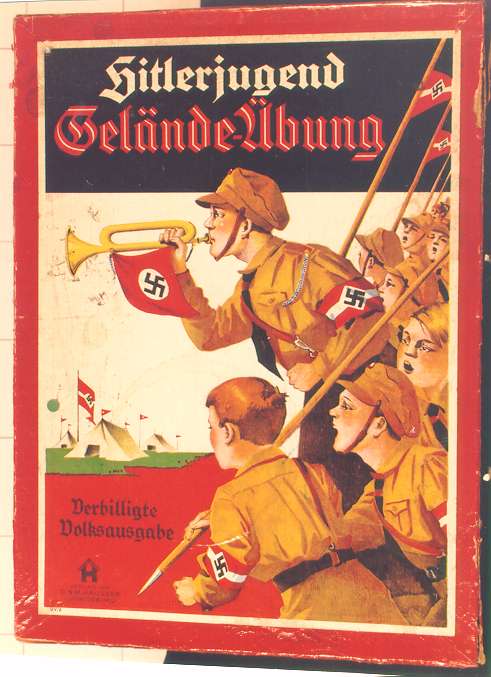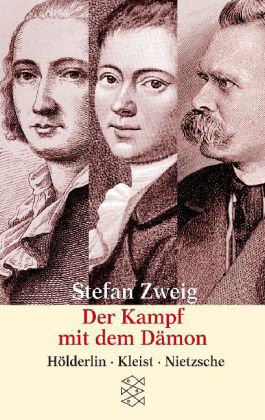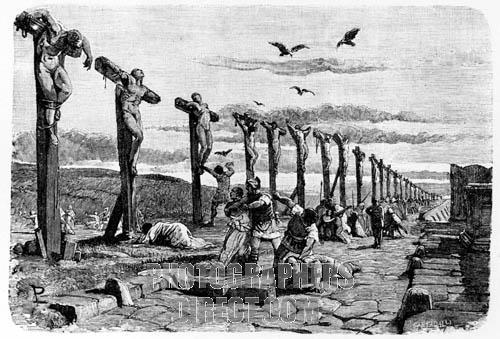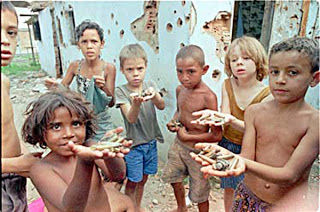I have been watching a few videos on the George Zimmerman verdict and the thought arrived to my mind that Alex Linder is absolutely right: as to organizing in the real world and preparing ourselves for fight, the Greeks are light-years ahead from their American counterparts—both the meta-politicians and the naïve Christian nationalists.
The following is a curiously harmonic collage of paragraphs on the Golden Dawn I stole from Metapedia and its nemesis Wikipedia, which I edited slightly:
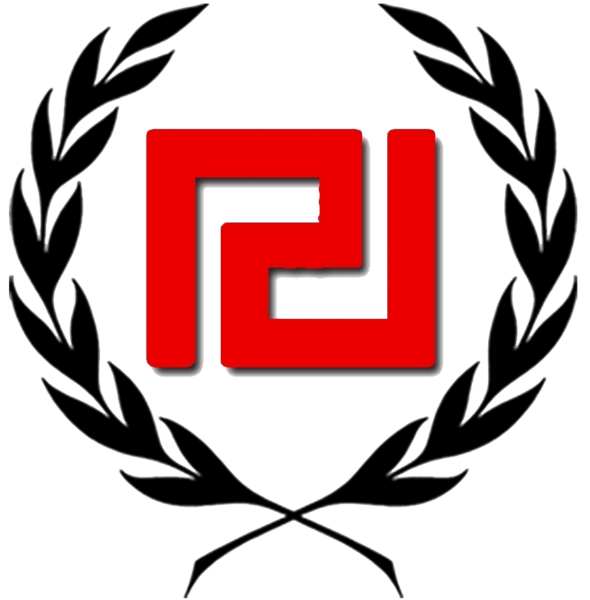
Chrysi Avyi (Greek: Χρυσή Αυγή, English: Golden Dawn) is the national liberation movement of the Greek people, strongly opposed to communism, plutocracy and the demographic genocide of the people through third-world invasion. Hrisi Avgi is also the name of a newspaper and a magazine published by that movement. The leader of the party is Nikolaos Michaloliakos.
The party is nationalist and socialistic, evoking Ancient Hellas, and in particular the militant society of Sparta. The movement’s symbol is a white meander in a black coat, also appeared in a red flag bearing pattern with white and golden trim. The party has a more revolutionary character than the likes of the Hellenic Front and the Popular Orthodox Rally.
Golden Dawn has made use of National Socialist (NS) symbolism, and its members have praised figures of NS Germany in the past. It has participated in Hellenic national elections and while they have received thousands of votes, clashes with anarcho-communists plot to destroy the movement.
Ideology
Golden Dawn described itself as a “Popular Nationalist Movement” and “uncompromising Nationalists.” Party leader Michaloliakos described Golden Dawn as opposing the “so-called Enlightenment” and the Industrial Revolution, while supporting National Socialism. According to the party’s charter, “only Aryans in blood and Greeks in descent can be candidate members of Golden Dawn.” The charter also puts the leader in dictatorial control of the party, and formalizes the use of the Roman salute for party members. At first, the party embraced neo-Pagan beliefs, believing them to be intermingled with National Socialism in accordance to NS esotericism, describing Marxism and liberalism as “the ideological carriers of Judeo-Christianity.” Later, however, the party underwent ideological changes, accepting Eastern Orthodox Christianity.
Unlike Americans, the Greeks are on the right track
The party is regularly described as Neo-Nazi by news media and academic sources, and members are allegedly responsible for so-called “anti-Semitic” graffiti.
Ilias Kasidiaris, a spokesman for Golden Dawn, wrote an article that was published in the movement’s magazine on 20 April 2011, in which he said:
What would the future of Europe and the whole modern world be like if World War II (which the democracies, or in fact the Jews—according to general Ioannis Metaxas—declared on Germany) hadn’t stopped the renewing route of National Socialism? Certainly, fundamental values which mainly derive from ancient Greek culture, would be dominant in every state and would define the fate of peoples. Romanticism as a spiritual movement and classicism would prevail against the decadent subculture that corroded the white man. Extreme materialism would have been discarded, giving its place to spiritual exaltation.
In the same article, Adolf Hitler is characterized as a great social reformer and military genius.
In an article published in 1987 in the Golden Dawn magazine titled “Hitler for 1000 years” its editor Michaloliakos showed his support for National Socialism and white interests. He wrote:
We are the faithful soldiers of the National Socialist idea and nothing else … We exist, and continue the battle, the battle for the final victory of our race.
He ends the article by writing:
1987, forty-two years later, with our thought and soul given to the last great battle, with our thought and soul given to the black and red banners, with our thought and soul given to the memory of our great Leader, we raise our right hand up, we salute the Sun and with the courage, that is compelled by our military honor and our National Socialist duty we shout full of passion, faith to the future and our visions: HEIL HITLER!
Furthermore he uses capital letters for pronouns referring to Hitler (“by Himself”, “His people”).
On 17 August 1987, Rudolf Hess, Adolf Hitler’s deputy in the NS Party, who was given a life sentence at the Nuremberg Trials, committed suicide. The following day, on 18 August 1987, Golden Dawn members distributed proclamations in the center of Athens with the phrase “RUDOLF HESS IMMORTAL.”
In pictures taken during the first congress of Golden Dawn in February 1990, the congress hall is decorated with the Swastika and the Wolfsangel.
There are many cases in which Golden Dawn members have appeared to give a NS salute. The founder of the party, Michaloliakos, appeared to give a NS salute in the Athens city council. He claims that it was merely “the salute of the national youth organization of Ioannis Metaxas.” The party states its logo is a traditional Greek meander, not a NS symbol.
In May 2012, Golden Dawn ran in Greek elections under the slogan “So we can rid this land of filth.” On his post-election statement, Michaloliakos had placed a marble eagle on an obvious position on his desk, which according to media reports bears similarity to the eagle of the Third Reich. After the elections, Eleni Zaroulia, a Golden Dawn MP, wore an iron cross ring during her inauguration, a symbol which has been associated with National Socialism. As depicted in a picture taken on 14 September 2012, Panagiotis Iliopoulos, another Golden Dawn MP, has a tattoo reading the greeting “Sieg Heil.”
Ilias Kasidiaris quoted The Protocols of the Elders of Zion in a speech to parliament on 23 October 2012. Defending himself in a discussion on whether to lift his parliamentary immunity over his assault of Kanelli, he quoted Protocol 19: “In order to destroy the prestige of heroism we shall send them for trial in the category of theft, murder and every kind of abominable and filthy crime.”
On 6 June 2013, the Golden Dawn MP Ilias Kasidiaris implied during a stormy debate in the Greek Parliament that he is a Holocaust denier.
Archbishop Ieronymos II of Athens has criticized Golden Dawn, stating that “The church loves all people, whether they are black, white or non-Christians.”
_____________________
My 2 cents:
Judeo-Christianity is the enemy. Both “white nationalists” and “Southern nationalists” who still cling to Christianity are deluded. No puritanical version of Judeo-Christianity in NorthAm, no Hellstorm. No Hellstorm, no anti-white genocide throughout the West in our century. Who do you think will make a difference: the GD fanatics or the American AltRighters who still subscribe the Judaic narrative of defaming Hitler and his movement?
 Instead of fulfilling their destiny—becoming a beautiful winged being—Americans are, literally, sacrificing their own heritage to the point of suicide in order to fulfill the claimed destiny of their parasites. Do you also think they are, as I said above, the nadir of the white race?
Instead of fulfilling their destiny—becoming a beautiful winged being—Americans are, literally, sacrificing their own heritage to the point of suicide in order to fulfill the claimed destiny of their parasites. Do you also think they are, as I said above, the nadir of the white race?